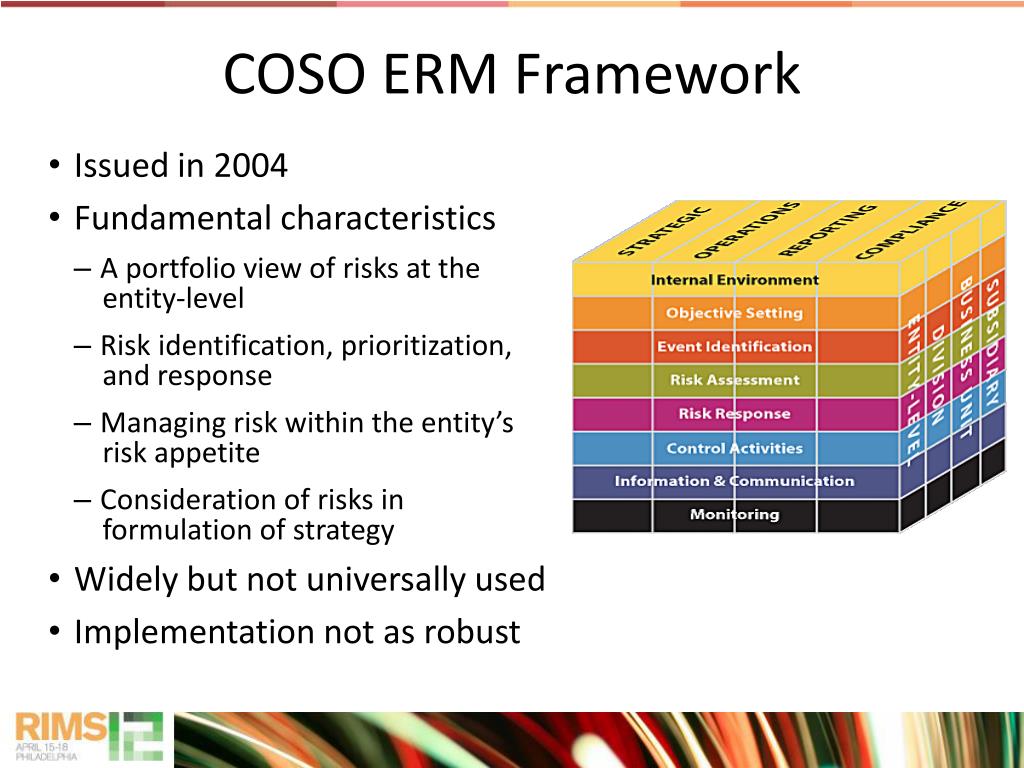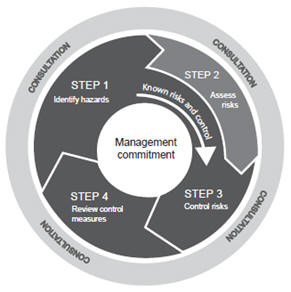

Ambulatory disability and older age were each independently associated with increased odds of all clinical severity levels compared with those not hospitalized after adjusting for other risk factors (nonambulatory: hospitalization only, odds ratio , 2.8 intensive care unit/required ventilator support, OR, 3.5 death, OR, 25.4 age : hospitalization only, OR, 1.3 intensive care unit/required ventilator support, OR, 1.3 death, OR, 1.8 ).Ĭonclusions and Relevance In this registry-based cross-sectional study, increased disability was independently associated with worse clinical severity including death from COVID-19. The mean (SD) age was 47.7 (13.2) years, and 797 (49.5%) had 1 or more comorbidity.

A total of 996 patients (61.5%) were non-Hispanic White, 337 (20.8%) were Black, and 190 (11.7%) were Hispanic/Latinx. Results Of 1626 patients, most had laboratory-positive SARS-CoV-2 infection (1345 ), were female (1202 ), and had relapsing-remitting MS (1255 ). Main Outcomes and Measures Clinical outcome with 4 levels of increasing severity: not hospitalized, hospitalization only, admission to the intensive care unit and/or required ventilator support, and death. Data collection began April 1, 2020, and is ongoing.Įxposures Laboratory-positive SARS-CoV-2 infection or highly suspected COVID-19. Health care professionals were asked to report patients after a minimum of 7 days from initial symptom onset and after sufficient time had passed to observe the COVID-19 disease course through resolution of acute illness or death. Objective To examine outcomes and risk factors associated with COVID-19 clinical severity in a large, diverse cohort of North American patients with MS.ĭesign, Setting, and Participants This analysis used deidentified, cross-sectional data on patients with MS and SARS-CoV-2 infection reported by health care professionals in North American academic and community practices between April 1, 2020, and December 12, 2020, in the COVID-19 Infections in MS Registry.

Importance Emergence of SARS-CoV-2 causing COVID-19 prompted the need to gather information on clinical outcomes and risk factors associated with morbidity and mortality in patients with multiple sclerosis (MS) and concomitant SARS-CoV-2 infections.


 0 kommentar(er)
0 kommentar(er)
